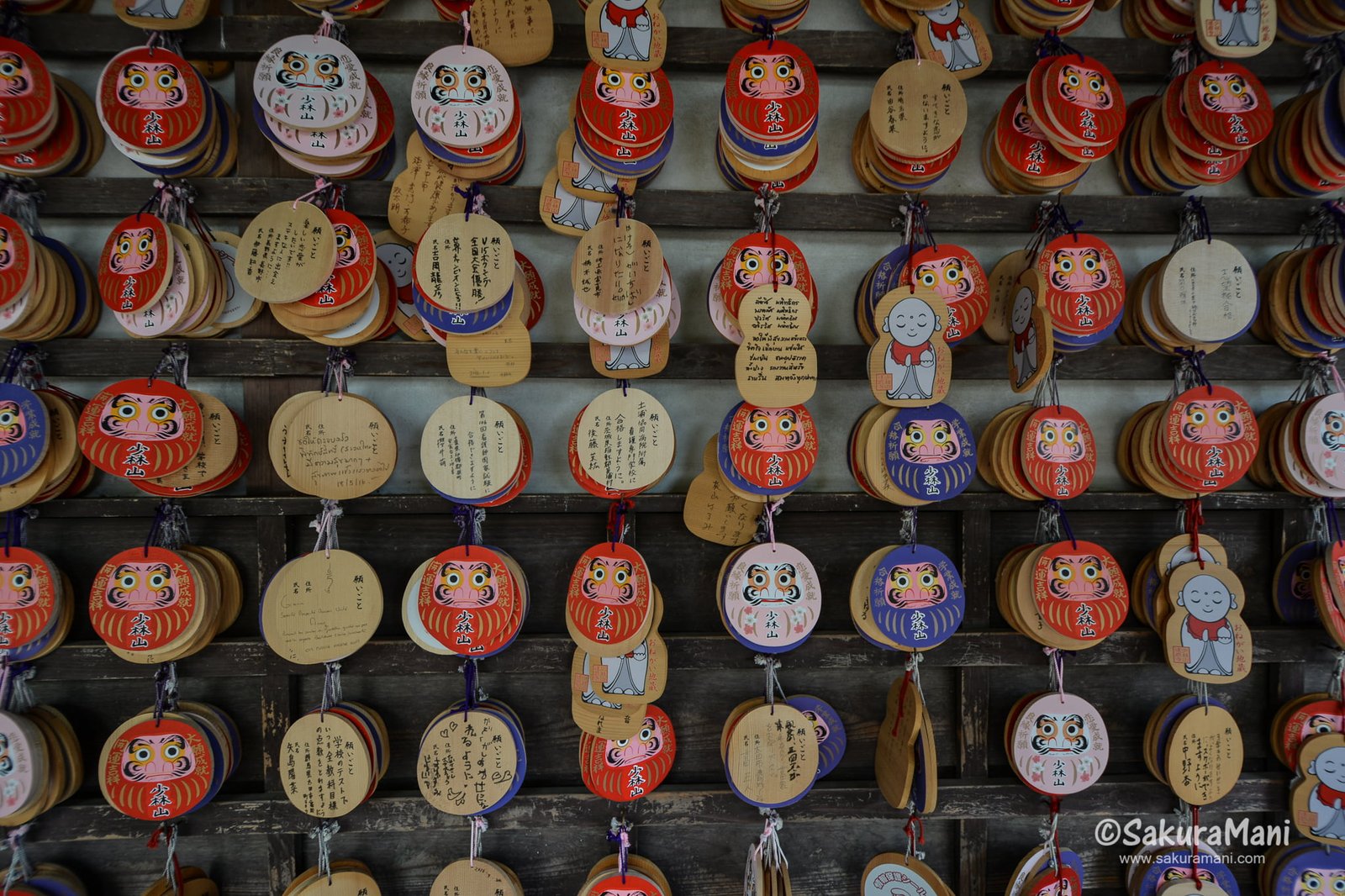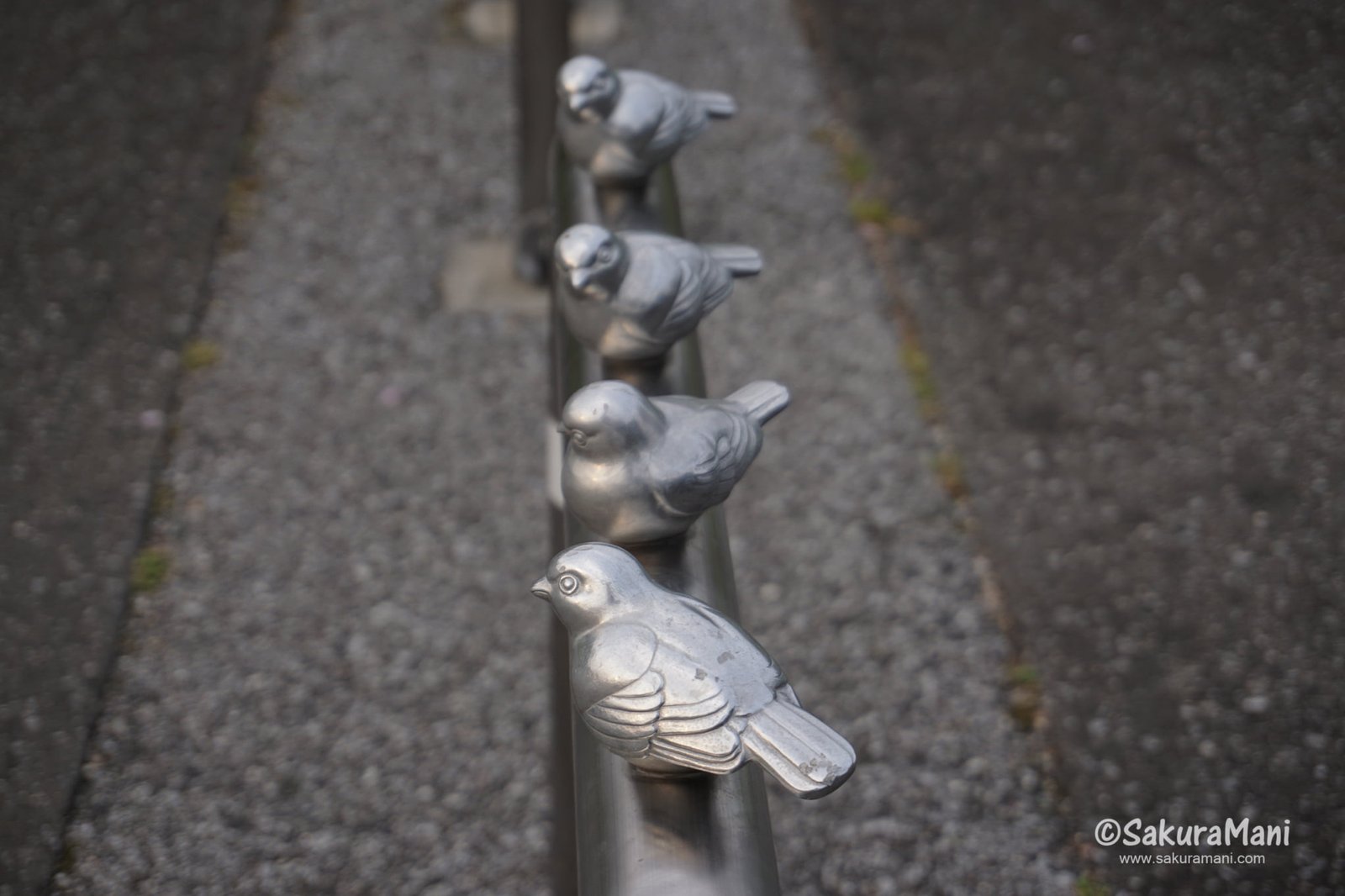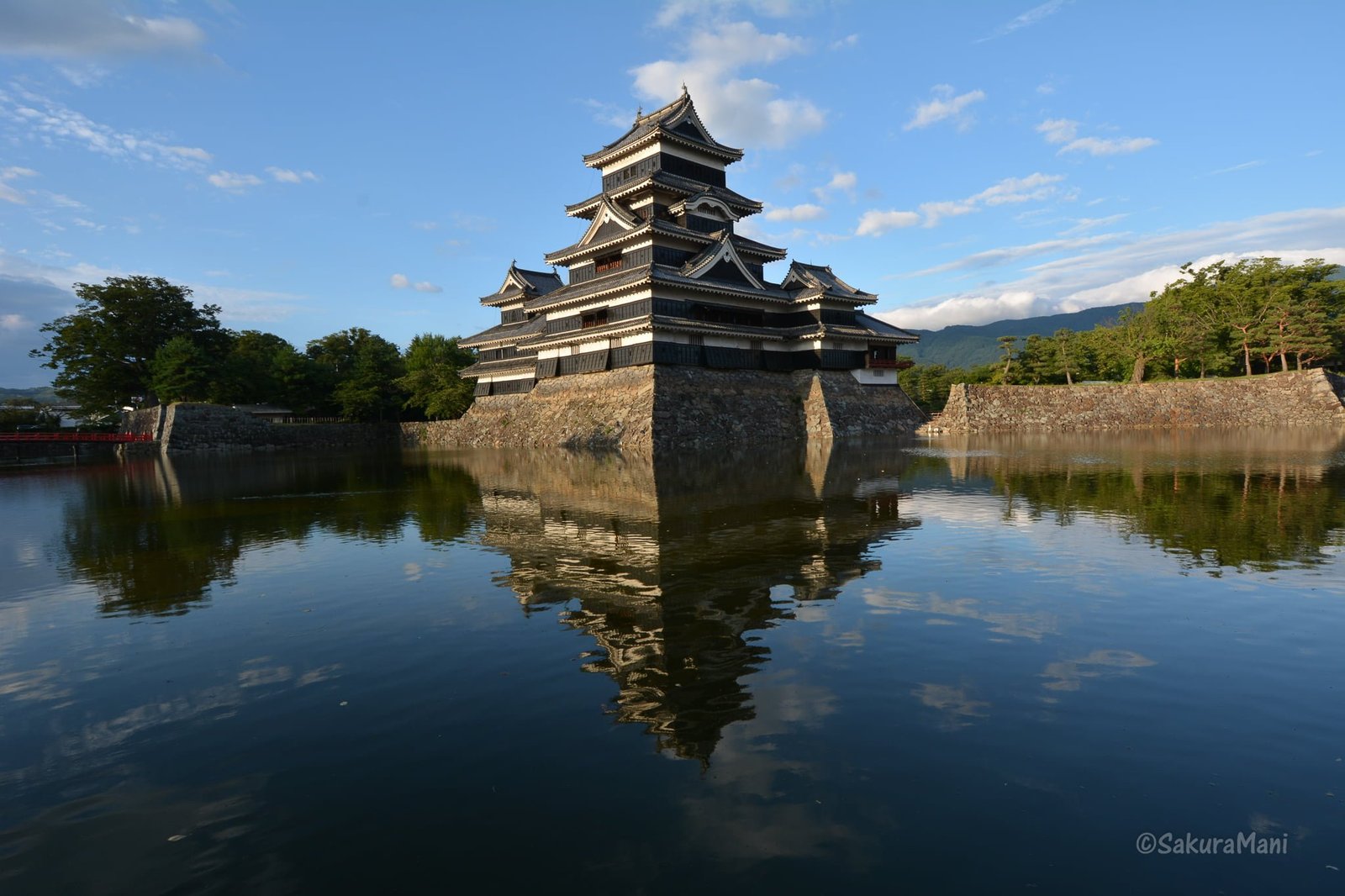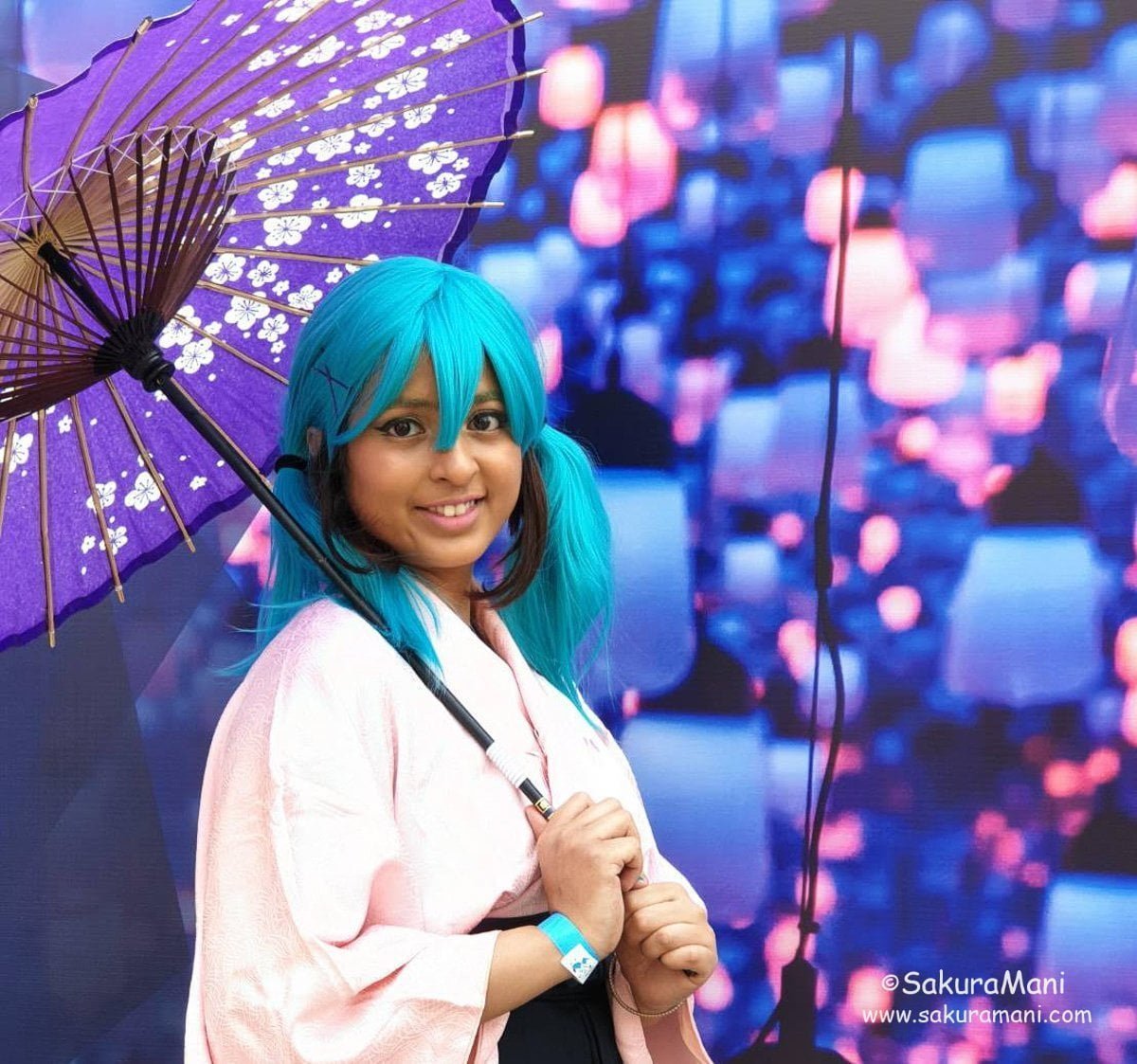Japanese language has three different scripts – Kanji 漢字, Hiragana ひらがな and Katakana カタカナ. There were no written scripts in Japanese, until Hanzi characters were introduced from China. These Chinese logograms became a part of the Japanese writing system, however words like prepositions, suffixes, prefixes and verb conjugations could not be represented by Kanji. Hence, […]
Blog
日本語のなかで使われているヒンディー語
皆さんこんにちは! 今日は金曜日なので、楽な気がする。何か面白い話をしようと思って、この記事を書いた。 日本人はインドカレー好きなんでしょうね。カレーという言葉はヒンディー語がルーツだが、ヒンディー語で言うと発音がちょっと違う。カレーじゃなくて「カリ」という。名前は何でも構わないが、カレーの美味しさは言葉で評価できない。 このように、ヒンディー語に起源がある言葉が日本語のなかで存在している。 さて、日本語のなかでもよく使われているヒンディー語をいくつか紹介させてください。 パジャマ とは一種の民族服のボトムズです。世界語になってからパジャマは主に寝巻として知られている。パは足を指しジャマは服を指します。 ベランダとはバルコニーと同じいみだ。部屋の外の張り出した通路。ここから外が見える。 バンガローとは一階しかない家。昔は、こんな家が主に東インドのベンガルで建てられていた。バンガローという言葉は世界中に広まってから、違う国でちょっと違う形の家のことを指す。 カレーは皆が知っているはずでしょう!カレーまたはカリはインド料理の美味しいグレビーのことだ。 達磨という言葉はサンスクリット語で「法」のことを表していた。昔インドでは、「ダルマ」という概念は法則、真理、教法や説法などを指し、大切にされていた。 やしゃはインド神話における鬼神である。この言葉は仏教に包括れ、天部の一つとして見られている。
5 Useful Japanese Aizuchi
Learning Japanese through textbooks and online lessons is incomplete if you cannot express yourself clearly. Because Japanese is a very unique language, beginners might find it challenging to converse in Japanese without hesitation. During the initial days of learning a foreign language, we usually find it difficult to express ourselves while speaking in that language. […]
13 Japanese words that are used in English
Even if you do not speak Japanese, you might be using Japanese words in your daily life without even knowing. Have you heard of the term ‘loanwords’ or 外来語 (gairaigo)? According to the online Oxford Dictionary, a loanword is “a word adopted from a foreign language with little or no modification“. Japanese language has contributed many […]
3 Most Beautiful Places in Japan | 日本三景
In 1643 during the Edo perdiod, a neo-confusian scholar named Hayashi Gahō wrote a book called Nihonkokujisekikō (日本国事跡考) where he mentioned about three beautiful sceneries in Japan. Gahō travelled the whole country and admired Matsushima (in Miyagi), Amanohashidate (in Kyoto) and Miyajima (in Hiroshima) the most. Later, these three places together came to be known as nihonsankei (日本三景). Nihonsankei is also linked to […]
10 best castles you should visit in Japan
During my stay in Japan, I had the privilege of travelling to all the 47 prefectures. I explored many popular, as well as less travelled destinations. Among the many places of interest in Japan, castles hold a special place. Be it the huge white castle of Himeji or the small castle tower at Hirosaki castle […]
Business Japanese – Keigo | 敬語
Keigo, which means “respectful language” in Japanese, is an important aspect of the language. Politeness is an integral part of the Japanese society, and hence using ‘respectful’ and ‘polite’ language is of utmost importance for them. Keigo is mainly used when talking to people outside one’s group – customers, clients, seniors or highly respected people. Keigo […]
Japanese Grammar Lesson – ending of a sentence | 文末
In this Japanese grammar lesson, let us take a look at some patterns in which sentences end. We will learn about three special types sentence ending patterns: ~と思う, ~(の)ではない(だろう)か and~そうです. Although not all Japanese sentences end in the above mentioned patterns, these are some cases that need to be studied in order to understand Japanese […]
Tenbu|天部 – Indian dēvatā who went all the way to Japan
Itsukushima shrine in Japan is popular among Japanese and foreign tourists. Its a place of devotion as well as sightseeing. The deity which is enshrined here is considered a manifestation of Benzaiten. Goddess Benzaiten is actually the Japanese counterpart of goddess Saraswati, an Indian (Hindu) deity. In Japan, there exist numerous such deities of Hindu […]
5 reasons to love Japan
Japan is unique in its own ways. Don’t you agree? A country with deep-rooted tradition and yet technologicaly advanced. Be it fashion or food, there is a touch of kawaiiness (cuteness) in everything that makes us all go ”aww kawaii desune!” You are going to hear the word “kawaii” so often in Japan that you […]









